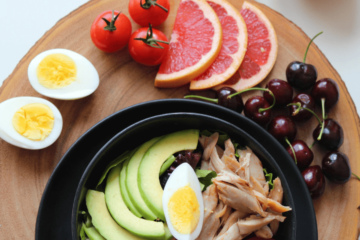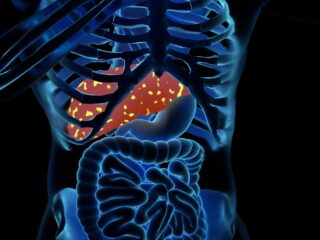1. Sauerkraut
Sauerkraut stands out as a nutritional powerhouse with just 1.9g net carbs per cup. This fermented cabbage dish is packed with benefits. It boasts high levels of vitamin C, acting as a prebiotic and probiotic to support gut health. Sauerkraut also contains potent phytonutrients, making it a great addition to your diet. Additionally, it is easily digestible and rich in lactic acid, vitamin K2, and vitamin U.
2. Arugula
Arugula is a low-carb gem, with only 0.43g net carbs per cup. This leafy green vegetable offers a wide range of benefits. It is a source of powerful phytonutrients and supports liver health. Arugula also has a low oxalate content and anti-inflammatory properties. Furthermore, it is rich in essential nutrients like calcium, potassium, folate, magnesium, vitamin C, and vitamin K1, contributing to its anti-cancer properties.
3. Wild-Caught, Fatty, Skin-On Salmon
Wild-caught, fatty, skin-on salmon is an excellent choice for a healthy diet. It offers a favorable fat to protein ratio of 1:2 and provides high levels of selenium, omega-3 fatty acids, and essential nutrients like vitamin K2, zinc, and calcium. Including salmon in your meals is a great way to support heart health and overall well-being.
4. Cod Liver
Cod liver is a nutrient-dense addition to a healthy diet. With a fat to protein ratio of 5:1, it is rich in omega-3 fatty acids and boasts high levels of vitamin A, vitamin D, vitamin K2, iodine, and B vitamins. These nutrients contribute to its numerous health benefits, including support for brain health, immune function, and bone strength.
5. Grass-Fed, Fatty, Organic Hamburger
Opting for grass-fed, fatty, organic hamburger can be a nutritious choice. With a 2:1 fat to protein ratio, it is not only easily digestible but also a source of amino acids, available iron, phosphorus, selenium, zinc, and various B vitamins. Including grass-fed hamburger in your diet can provide you with essential nutrients like B12, B5, B3, B2, carnosine, and creatine.
6. Pecans
Pecans are a tasty and nutritious addition to a healthy diet. With 4g net carbs per cup and a fat to protein ratio of 7:1, they offer benefits such as being low on the insulin index. Pecans are also high in zinc, copper, vitamin B1, antioxidants, and are easily digestible. Including pecans in your meals or snacks can provide you with a satisfying and nutritious option.
7. Extra Virgin Olive Oil
Extra virgin olive oil is a versatile and valuable addition to a health-conscious diet. It is rich in vitamins E and A, magnesium, potassium, and powerful phytonutrients. This healthy oil has numerous health benefits, including anti-aging properties, support for mitochondrial health, anti-inflammatory effects, and potential anti-cancer properties. Incorporating extra virgin olive oil into your cooking and salad dressings can enhance both the flavor and nutritional value of your meals.
By including these healthy foods in your diet, you can enjoy a wide range of benefits. From supporting gut health and reducing inflammation to providing essential nutrients and promoting overall well-being, these foods are a great addition to a balanced and nutritious eating plan.



